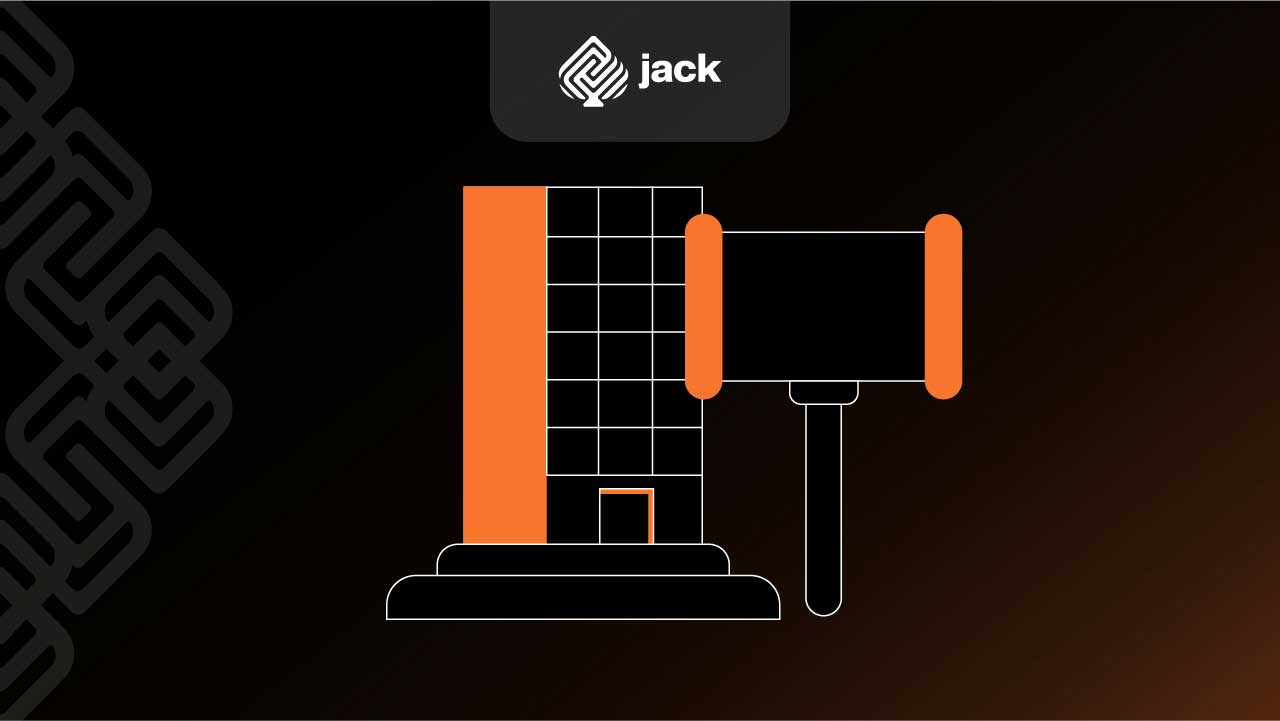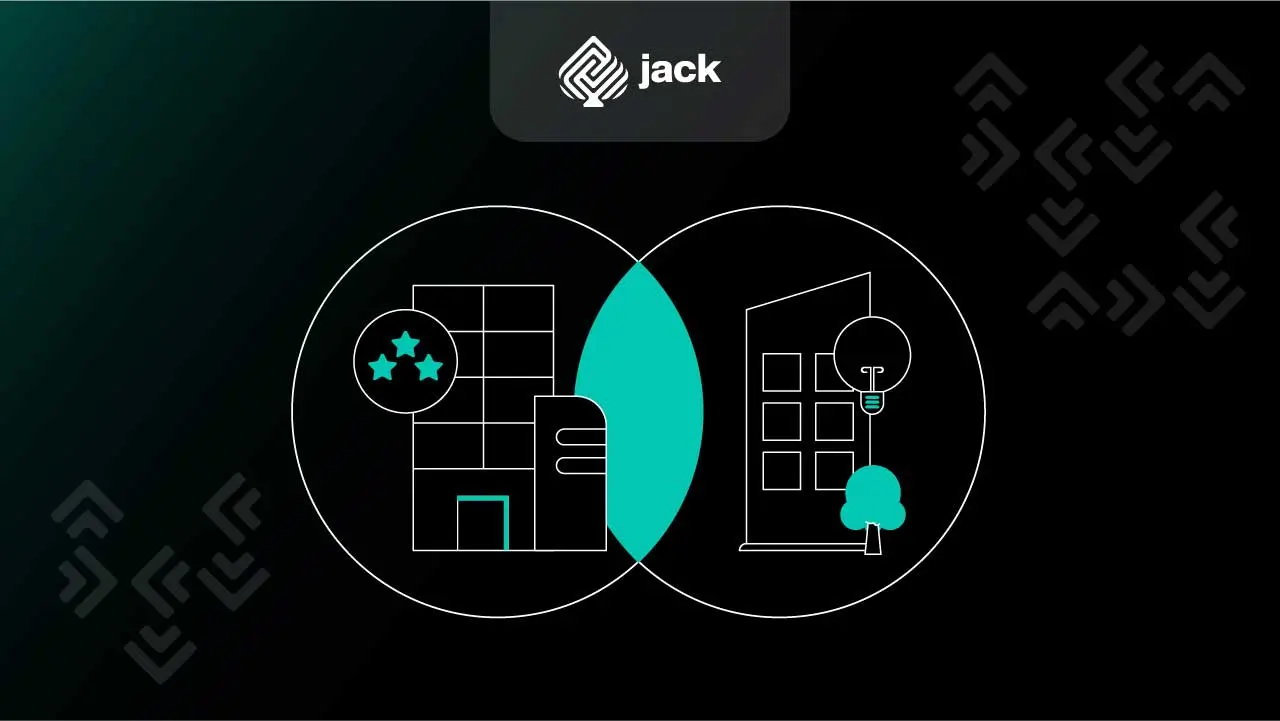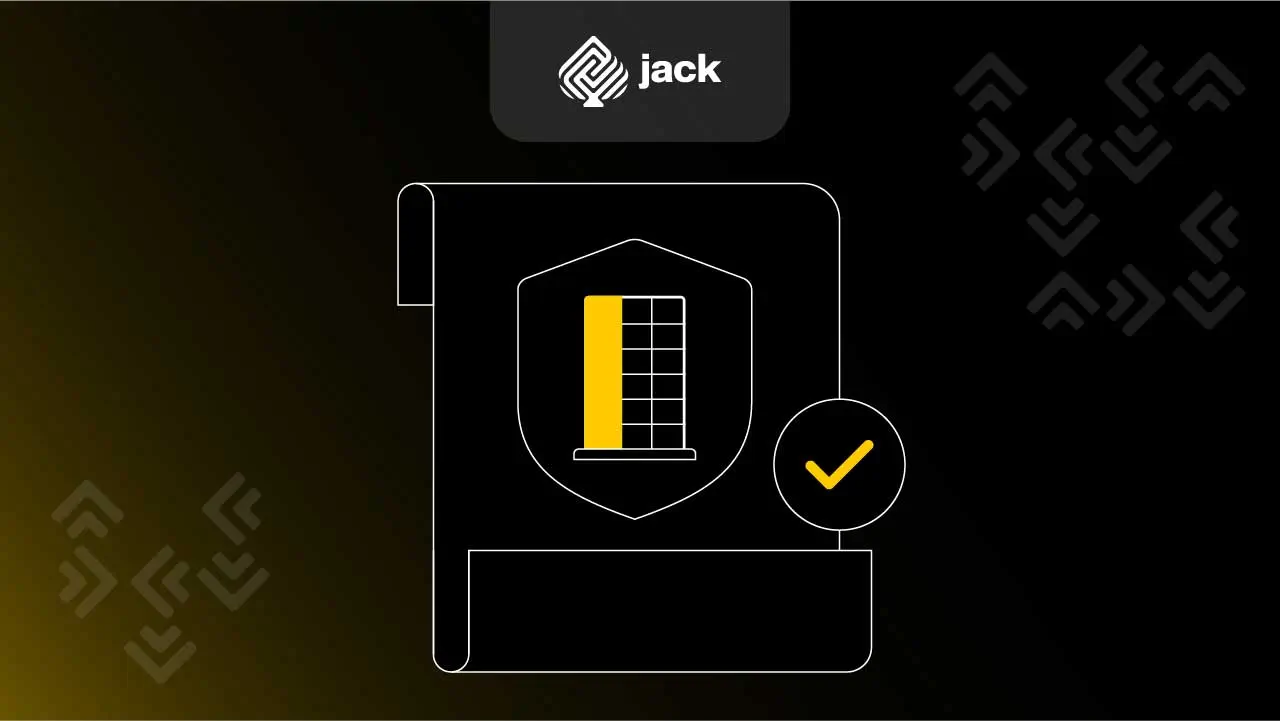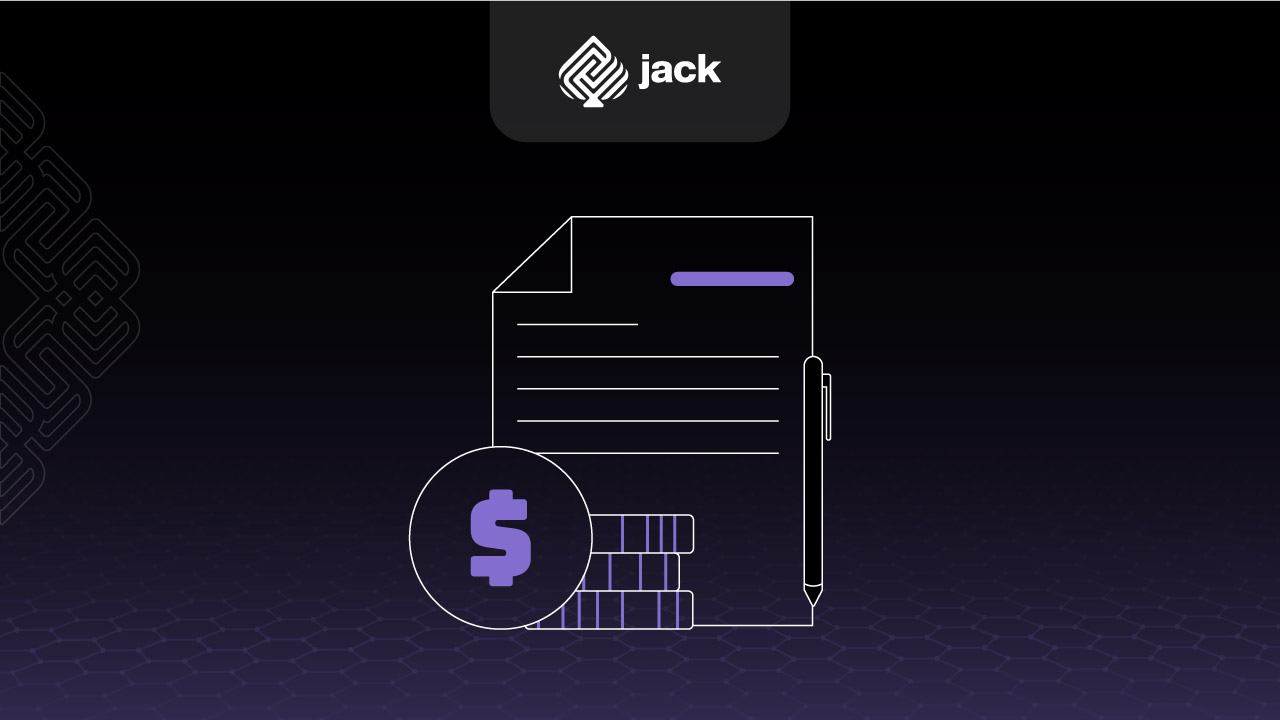When managing a project, you’ll often require various goods, services, or solutions that cannot be handled internally. This is where project vendors come in. But what exactly is a project vendor? How does it differ from the tendering process?
This article will explore what project vendors are, the different types available, the difference between vendors and tenders, and practical tips for choosing the right vendor. If you want a smooth project without hiccups, this is a must-read!
Also Read: How to Choose the Best Virtual Credit Card Services
What Is a Project Vendor?

A project vendor is a party or company that supplies specific goods, services, or solutions necessary for executing a project. They are responsible for providing these items according to agreed terms.
For example, in a building construction project, you might need:
- Construction material vendors such as suppliers of steel or concrete.
- Heavy equipment vendors who rent out cranes or excavators.
- Technology vendors providing project management software.
Without reliable vendors, project execution may face disruptions, including schedule delays or substandard results.
Imagine building a house, and your workers run out of cement during a concrete pour, while the supplier delays delivery. The result? Delayed timelines and additional costs, a simple example of how vendors can impact project success.
Difference Between Vendor and Tender

The terms vendor and tender are often used together, but they have different roles:
- Vendor: Provides goods or services for a project.
- Tender: The process of selecting the most suitable vendor for the project.
In short, tendering is a way to find the best vendor. Once the tender process concludes, the selected vendor becomes your project partner.
Finding Vendors Through Personal Networks
Beyond tender processes, you can also find the right vendor through personal networks or industry connections. This is common for smaller projects or for those with established industry relationships.
Working with familiar vendors offers benefits like quicker communication, easier trust-building, and faster processes. These vendors can often adjust to project requirements and be more flexible with pricing or terms.
However, always ensure your chosen vendor meets quality standards. Check their track record and capabilities.
Types of Project Vendors

Project vendors vary depending on the specific needs of your project. Common types include:
1. Construction Material Vendors
These vendors supply essential materials such as concrete, steel, wood, and bricks. The quality of their materials will significantly impact the durability and strength of your building.
2. Construction Equipment Vendors
They provide heavy equipment such as cranes, bulldozers, and excavators. Many also offer maintenance services to keep equipment functioning optimally throughout the project.
3. Professional Service Vendors
These vendors provide expert services such as architects, engineers, or design consultants who ensure that your project meets technical specifications and industry standards.
4. Subcontractor Vendors
Subcontractors handle specialized tasks within a project, such as electrical installations, plumbing, or painting. They usually possess expertise that your internal team may lack.
5. Technology and Software Vendors
These vendors provide solutions like Building Information Modeling (BIM) software or project management applications, which help your team monitor progress, create schedules, and manage costs accurately.
Lihat Bagaimana Jack Dapat Membantu Perusahaan Anda
Benefits of Working with Project Vendors
Selecting the right vendor can greatly impact project success. Here are some key benefits:
Saves Time
Delays in material or service delivery can derail your project and increase costs. Reliable vendors ensure timely deliveries, helping your project stay on schedule.
Cost Savings
Choosing cheaper vendors may seem economical but can lead to quality issues. A good vendor provides reliable products or services, reducing the chances of needing replacements or repairs.
Guaranteed Quality
Experienced vendors deliver results that meet expectations. With professional vendors, you can trust the quality of products or services provided.
Leverage Expertise
Vendors often have specialized knowledge that can help you find practical solutions without wasting time on trial and error.
Focus on Core Tasks
Outsourcing to vendors allows your team to focus on more critical project elements while vendors handle procurement and service delivery.
Also Read: Easier, Automatic, and Real-Time Transactions with API Disbursement
Tips for Choosing the Right Project Vendor

Selecting the wrong vendor can lead to nightmares. Here’s how to make the right choice:
1. Understand Your Needs
List your project requirements, including the type of goods or services, quantity, delivery schedule, and budget.
For instance, if you need 100 tons of steel within two weeks, clearly state this in your specifications.
2. Conduct Vendor Research
Check vendor reputations through online reviews, recommendations from colleagues, or their project portfolios. Experienced vendors in similar projects are usually more reliable.
If possible, visit their offices or sites to assess their operations firsthand.
3. Compare Offers
Don’t settle for the first vendor you find. Compare several to find the best balance between price and quality. Beware of offers that are too cheap—they may compromise quality.
4. Check Qualifications and Certifications
Professional vendors often hold licenses and certifications, like ISO 9001 for quality management, showing their commitment to maintaining standards.
5. Ensure Timeliness
Timely delivery is crucial for project success. Choose vendors with a proven track record of on-time delivery. Request references or testimonials from previous clients.
6. Draft Detailed Contracts
A contract should cover all aspects, including product or service specifications, delivery schedules, prices, and penalties for delays. A clear contract protects you from potential disputes.
Use Jack for your business needs
Project vendors are critical partners in any project, from construction to goods procurement and services. Choosing the right vendor ensures your project runs smoothly, on time, and within budget. While tendering helps identify potential vendors, thorough research and detailed contracts ensure long-lasting and productive vendor relationships.






